
When it comes to cleaning, there really is an abundance of tips, tricks and hacks to speed up the process and make your life easier. But, some might just be myths and getting in your way for no good reason.
From bleach and vinegar myths, dishwashers cleaning themselves and feather dusters being good for cleaning, our cleaning pro, who have spent decades cleaning all sorts of dirt, dust and debris, debunks them for good.
Here, we spoke to a cleaning pro for his cleaning tips on what's fact and what's fiction – so you'll know what to believe and turbocharge your chores.
Cleaning myths debunked
1. Bleach kills everything

Bleach – the stalwart of any reputable cleaning cabinet. From cleaning toilets to killing mold, it really does it all. Or does it?
Joshua Houston, cleaning expert at Household Quotes advises, 'It's widely believed that bleach will eliminate all germs, however this isn't true. Bleach is an extremely strong disinfectant, but some germs are resistant to it.
'This means germs will build up again, so regular cleaning is required. Using it continuously can also damage areas of your home, particularly metals, and, when not used correctly, it can irritate your skin.'
So, next time you reach for the harsher chemicals in your essential cleaning supplies, make sure you're clued up on which items to never clean with bleach, and have adequate protection, like wearing gloves such as the Playtex Handsaver Gloves available at Walmart.
All prices were correct at the time of publication.
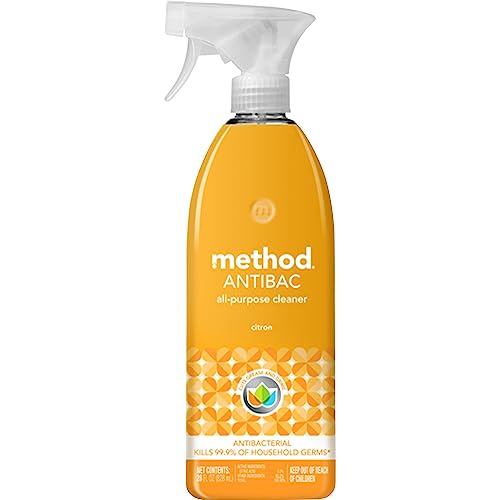
This spray kills 99.9% of all household germs, made with citric acid to clean and sanitize in one simple step.
2. Dishwashers clean themselves

It's a myth! Unfortunately, dishwashers do not clean themselves, making it vital to know how to clean a dishwasher. Not only is it essential to keep yours running efficiently, it also ensures your dishes and cutlery are sanitized and hygienic.
Cleaning expert Houston explains, 'Due to the fact that dishwashers are used to clean plates and cutlery, many believe that they clean themselves. But, over time bacteria will build up, which will cause your dishwasher to smell, and any grime left will harden and prove difficult to remove.'
It may also clog up the bottom of your dishwasher, or stop the flow of water needed to clean the items in the dishwasher.
Houston advises, 'Run a regular cycle with dishwasher cleaner (such as Affresh W10549851 Dishwasher Cleaner available at Walmart) to remove build-ups and odors.'
If you're wondering how often you should clean your dishwasher, at least every three months is a good rule of thumb to follow, to get rid of any unpleasant dishwasher smells. And, don't forget to clean the dishwasher filter, too.
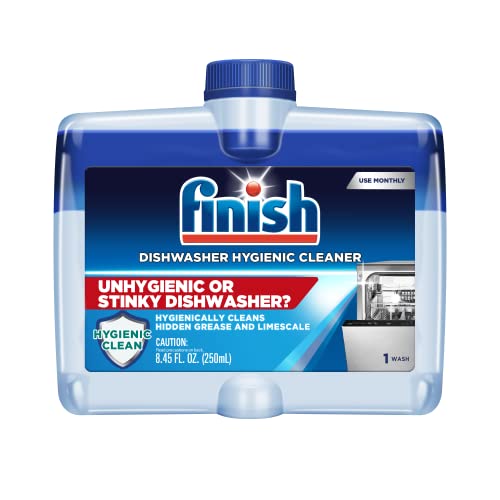
This effective cleaner fights grease and grime, and leaves your dishwasher sparkling and fresh, leaving behind a fresh scent.
3. Vinegar is a miracle cleaner

While there are many things to clean with vinegar, it can't be used on everything.
Cleaning expert Houston says, 'Many people seem to believe that vinegar is an all-purpose cleaner that can get rid of anything. Vinegar can be useful, but it can also damage surfaces and furniture in your home due to its strong acidity.'
Natural, porous materials such as countertops and furniture made of wood, iron, granite, marble and other stone are the ones to avoid as a rule of thumb. Don't use it on chrome or stainless steel either, as it can knock the shine off for good.
Delve further into our dedicated guide on what not to clean with vinegar for more information. You can instead use a specialized cleaner, such as Granite Gold Daily Cleaner available at Amazon. For an eco-friendly alternative, essential oil is brilliant for cleaning stainless steel, leaving a streak-free finish.
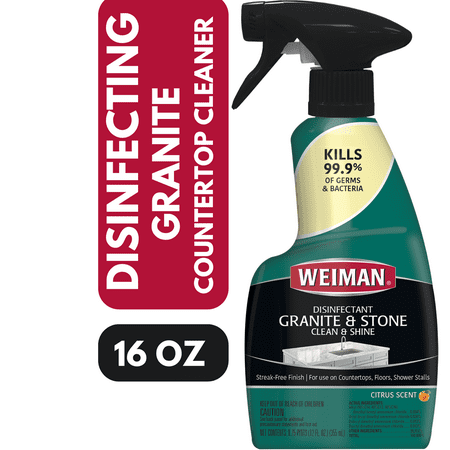
Suitable for use on quartz, quartzite, granite, marble, slate, soapstone and more, this spray powerfully cleans for a streak-free, beautifully shiny finish.
4. Feather dusters help clean

According to cleaning expert Houston, relying on a feather duster is a dusting mistake to avoid.
He says, 'Feather dusters are seen as one of the best ways to get rid of dust from your home. But, actually all they do is move the dust problem to somewhere else, instead of capturing and removing it.'
Instead, use electrostatic dusters, like microfiber cloths, for a more effective solution. We recommend the MR.SIGA Microfiber Cleaning Cloths available at Walmart, as they are absorbent, lint-free and reusable.
Houston continues, 'Electrostatic dusters are a better alternative, as they use static electricity to attract the dust particles. This works as the dust and the duster have opposite charges. It’s a very efficient, inexpensive way to ensure dust is removed from your home.'
You might also like to try making your own homemade cleaning spray, which Zara Stacey, managing editor here at Homes & Gardens swears by to repel dust and stop it settling, or use the damp duster, which Solved content editor Chiana Dickson loves.
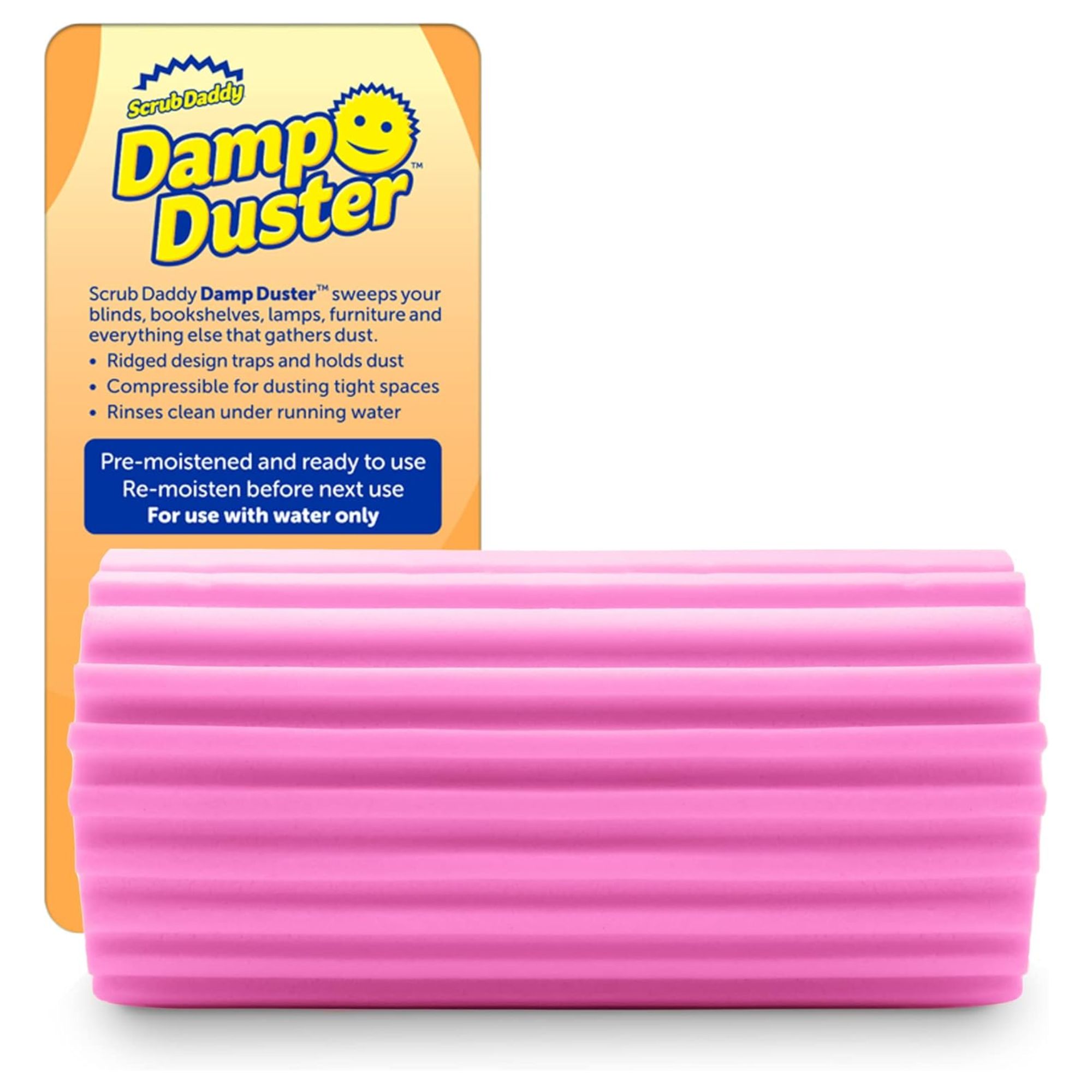
With just water, this genius product wipes away dust and traps it in the grooves, preventing it from being spread. It's suitable for use on multiple surfaces, and can be washed and re-moistened for reuse.
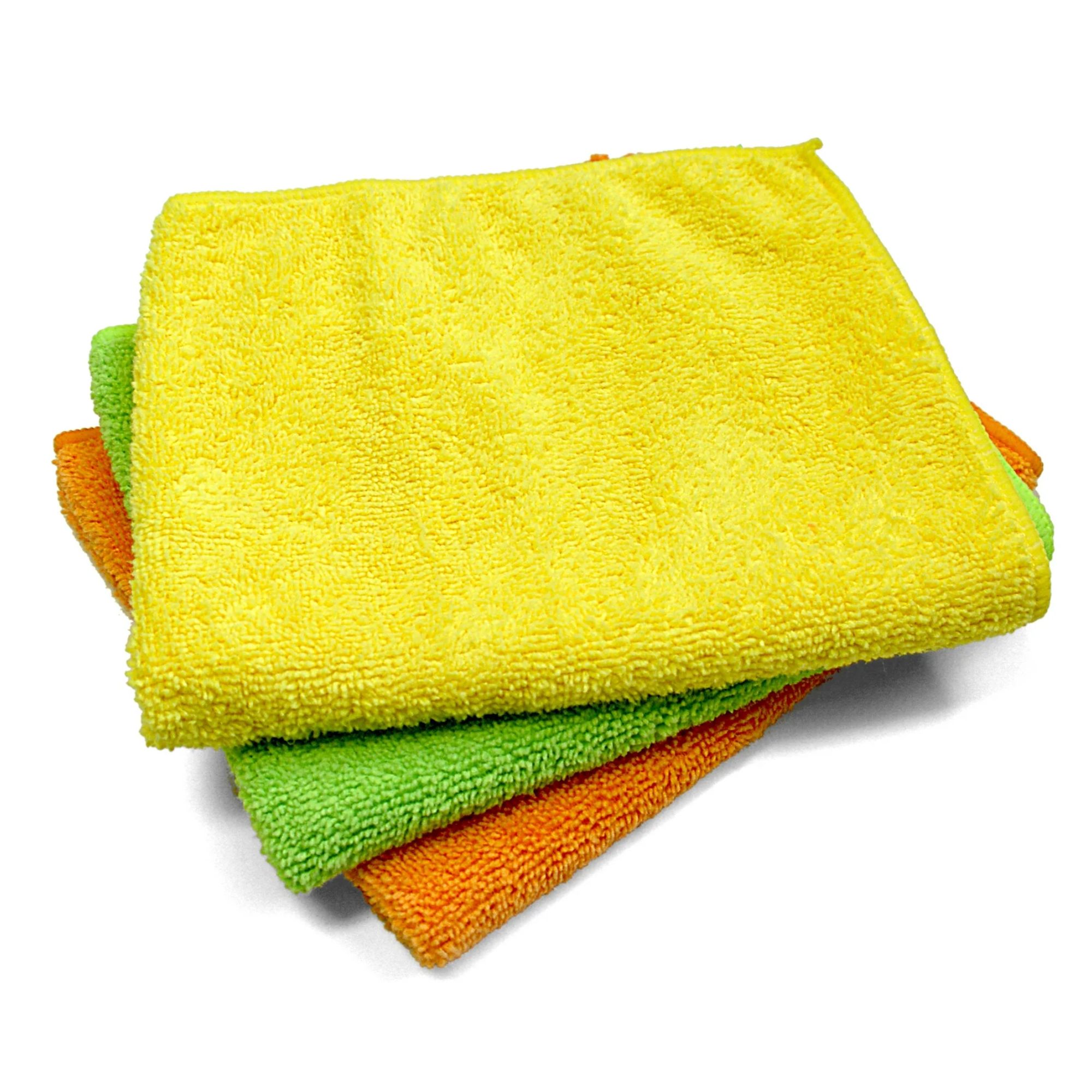
These microfiber cloths are perfect for any cleaning job around the house, from dusting to sanitizing. Available in a pack of 12, they're washable, reusable and super absorbent, to easily trap dirt, dust and grime.
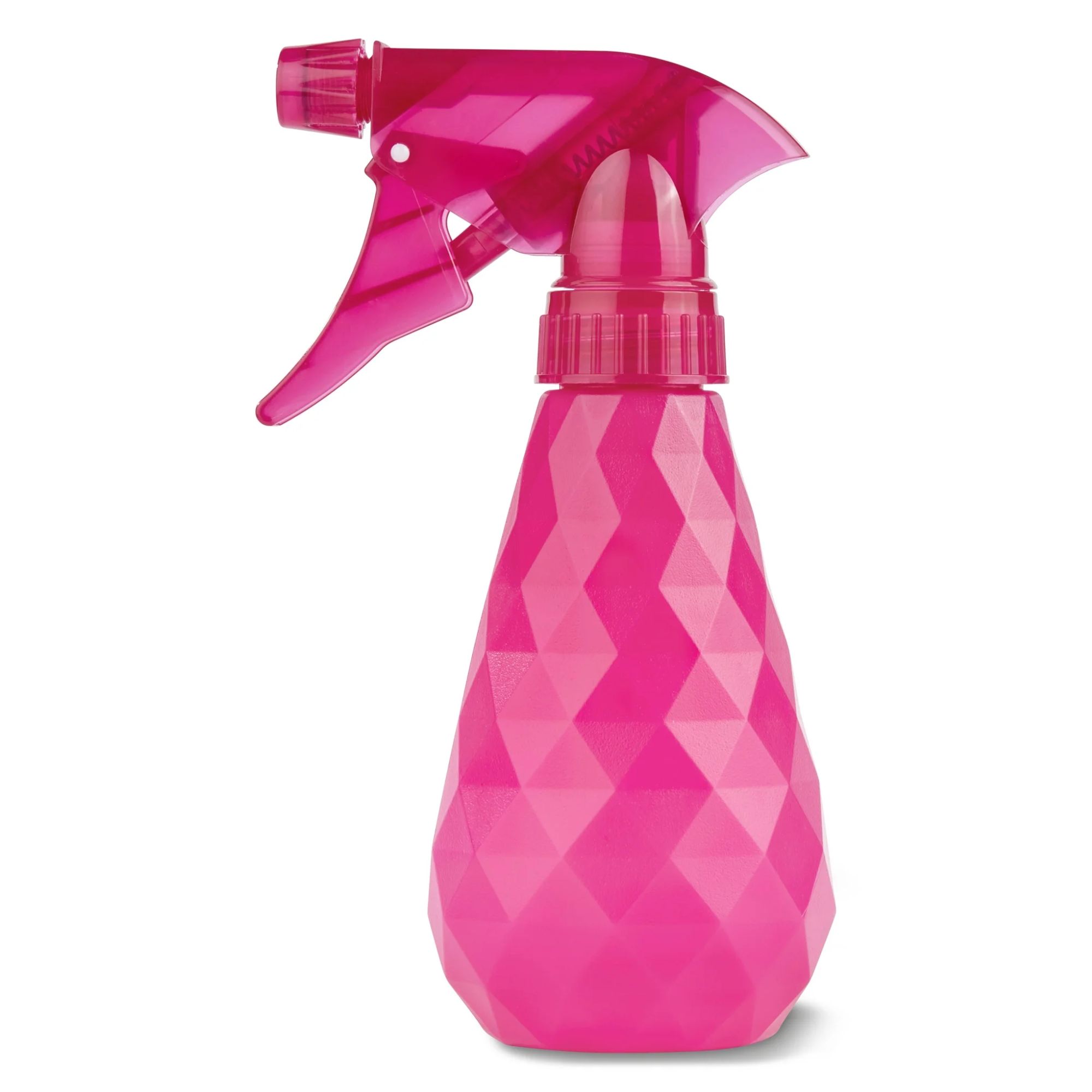
This spray bottle is perfect for making homemade cleaning spray or homemade room spray in, with an adjustable sprayer, comfortable grip trigger and 8 fl oz volume capacity.
5. More cleaning products means a cleaner home

Finally, Houston warns against falling into the trap that more cleaning products will result in a cleaner home. Sometimes, less is more.
He says, 'It's common for cleaning creators to clean one area of their home with multiple cleaning products. But, this can be dangerous as the mix of chemicals could create something that is toxic to breathe in,' which is why there are cleaning products you should never mix.
'Also, there's often little benefit of using multiple chemicals on one surface, as one product should be able to do the job,' he continues. 'Instead, use multi-surface cleaners, which are versatile, and safe to use.'
I love the Method cleaning products, and recommend the Method All-Purpose Cleaner Spray available at Amazon. It's cruelty-free, plant-based, biodegradable, and smells amazing too.
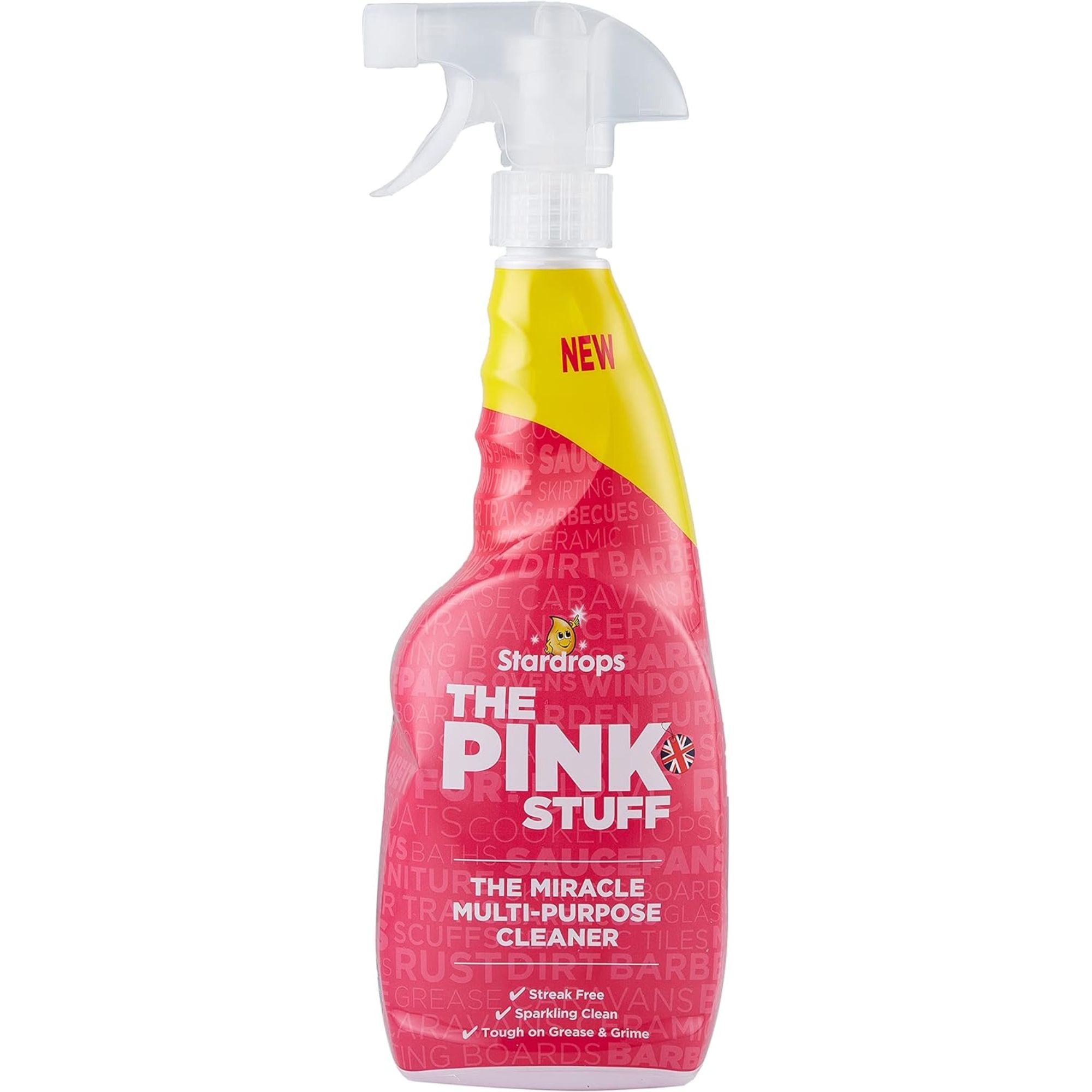
There are so many things you can clean with The Pink Stuff, and this miracle multi-purpose cleaner is suitable for use on a wide variety of surfaces, making it ideal for every room in your house. It has a fresh, clean scent, and leaves no residue behind, for a flawless finish.
'Cleaning is an essential part of our everyday lives, so it’s important that we can identify any myths or misconceptions,' says cleaning expert Houston. 'So, take these debunked myths into account during your next cleaning session.'
Next, learn about which decluttering myths to avoid.







